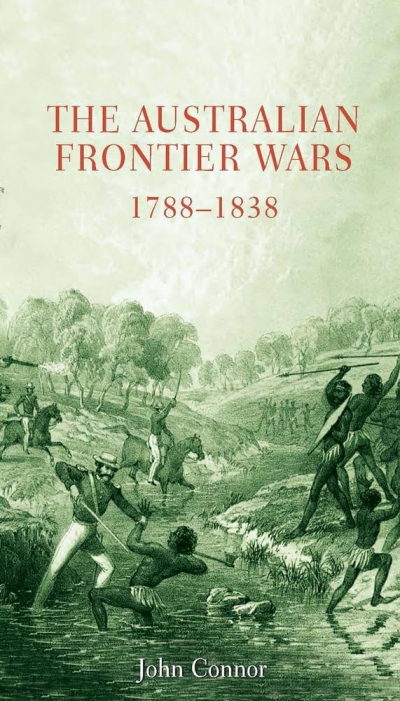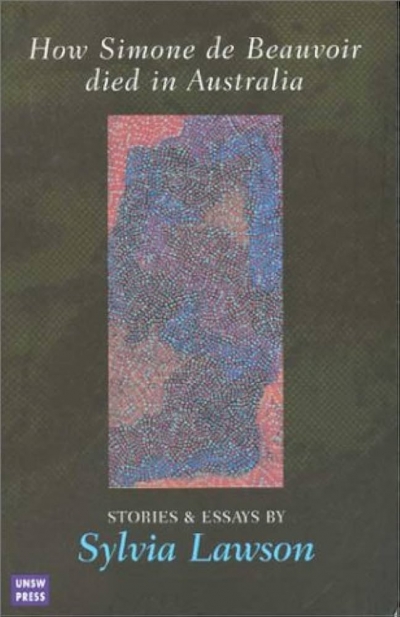UNSW Press
Turning off the Television by Jock Given & Media mania by Hugh Mackay
Orchids of Australia by John J. Riley and David P. Banks
The arresting cover of James Jupp’s important From White Australia to Woomera features the distraught faces of the children of detained asylum seekers. As the blurb puts it: ‘There never has been a greater need for a sober, historically informed yet critical account of immigration policy in Australia.’ This is indeed a book for the times. The nation’s left/liberal intelligentsia – much-disparaged by the right as ‘the politically correct chattering élite’ – has been in a state of profound shock ever since John Howard and Philip Ruddock swept the government to victory in November 2001 on the back of their hardline policy on asylum seekers. The Tampa episode, the ‘Pacific solution’ and the rising desperation of the families incarcerated and punished at Port Hedland, Maribyrnong and Woomera are surely all too familiar to readers. Labor’s experimentation with temporary protection visas for refugees in 1990, and the introduction of mandatory detention for the ‘boat people’ in 1991, had been followed under Howard, from 1996, by the freezing of humanitarian programme levels, reductions in social security support and an increasingly draconian detention regimen. But none of these developments quite prepared observers for the Howard government’s subsequent demonising and torturing of these wretchedly desperate folk in the final stage of their attempt to find sanctuary from evil Middle Eastern régimes. And nothing, perhaps, was more shocking than the government’s dry-eyed response to the drowning of refugee women and children at sea.
... (read more)







